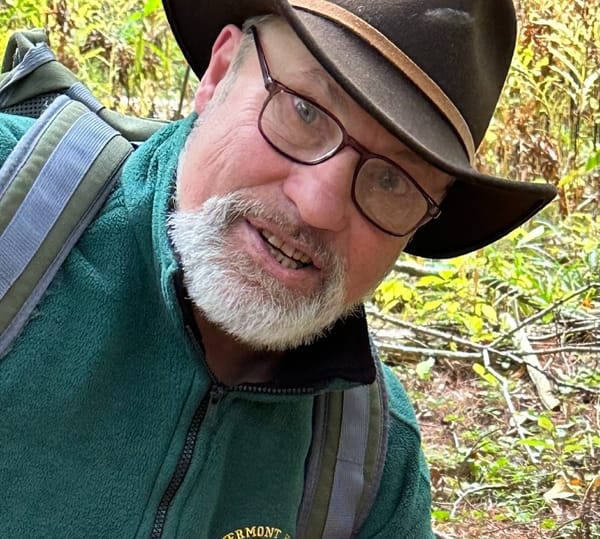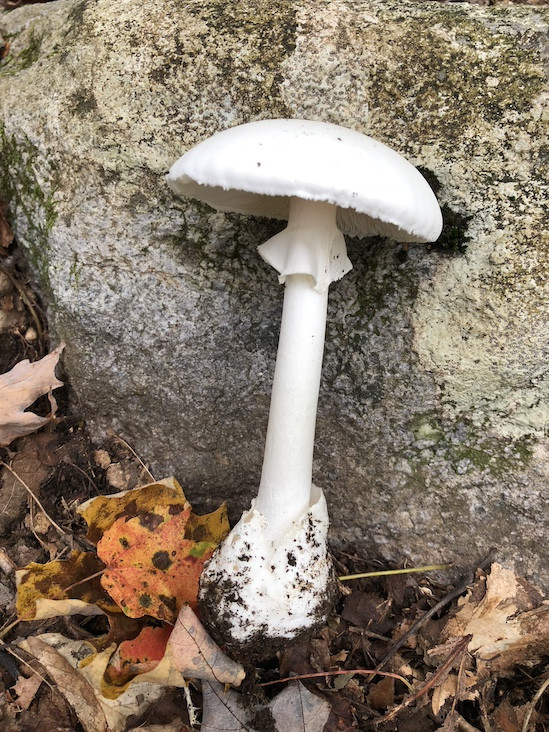The Rural We: David Paton
The Lakeville resident will be giving a talk about wild mushrooms and foraging in our region.

The Lakeville resident will be giving a talk about wild mushrooms and foraging in our region.

A man of many talents and interests, David Paton will be giving a talk about one of his passions. On April 20 at 4 p.m., he will present “The Amazing World of Local Wild Mushrooms” at the Scoville Memorial Library in Salisbury, Connecticut. As we spoke to him, we learned that he is also a musician and expert whitewater paddler (he’s a former member of the US National Whitewater Slalom Team and also US National Champion). In his “day job,” the Lakeville, Connecticut resident works in the safety and security office at the Hotchkiss School.
I’ve lived in the Northwest Corner most of my life. I grew up in a musical family. My parents, who were folksingers, ran Folk-Legacy Records and moved to Sharon in 1968. I was always going to folk festivals and seeing artists coming in and recording. I play the concertina and hammered dulcimer, basically self taught. I play with a number of different Irish and American folk ensembles, and perform a lot with my band, Bog Hollow. We’ll be playing at Falcon Ridge Folk Festival in Goshen this summer.
When I was growing up, we lived quite close to Sharon Audubon Center. I became the caretaker there and stayed for over 20 years. One summer an intern picked a giant puffball [mushroom] and made a puffball parmesan. I decided I needed to learn about mushrooms.
You really do need a mentor when you’re beginning to forage. You don’t just learn about these things from a book or online until you’re very experienced. I learned from a bunch of folks and then started leading groups. There are tens of thousands of mushrooms in North America. Nobody knows them all. I focus on knowing what mushrooms are delicious and others that have medicinal properties. I also focus on learning the deadly ones. There’s a saying, “the deadly dozen and the foolproof five.” For example, morels have to be cooked or they’ll give you an upset stomach.
About 30 years ago I started learning about edible mushrooms. I can easily identify at least 50 varieties. Mushrooms are pretty much anywhere. Different kinds have their preferred habitat, like hen-of-the-woods, which come out in September and October, always on oak trees.
You’re not hurting anything by taking a wild mushroom — it’s the fruit of the mycelium that’s living in the rotting log or dying tree. By picking the mushroom and carrying it around in your basket, you’re doing it a service. The billions of spores coming out of these mushrooms digest and rot tree wood so it can go back to soil.

The deadly Amanita